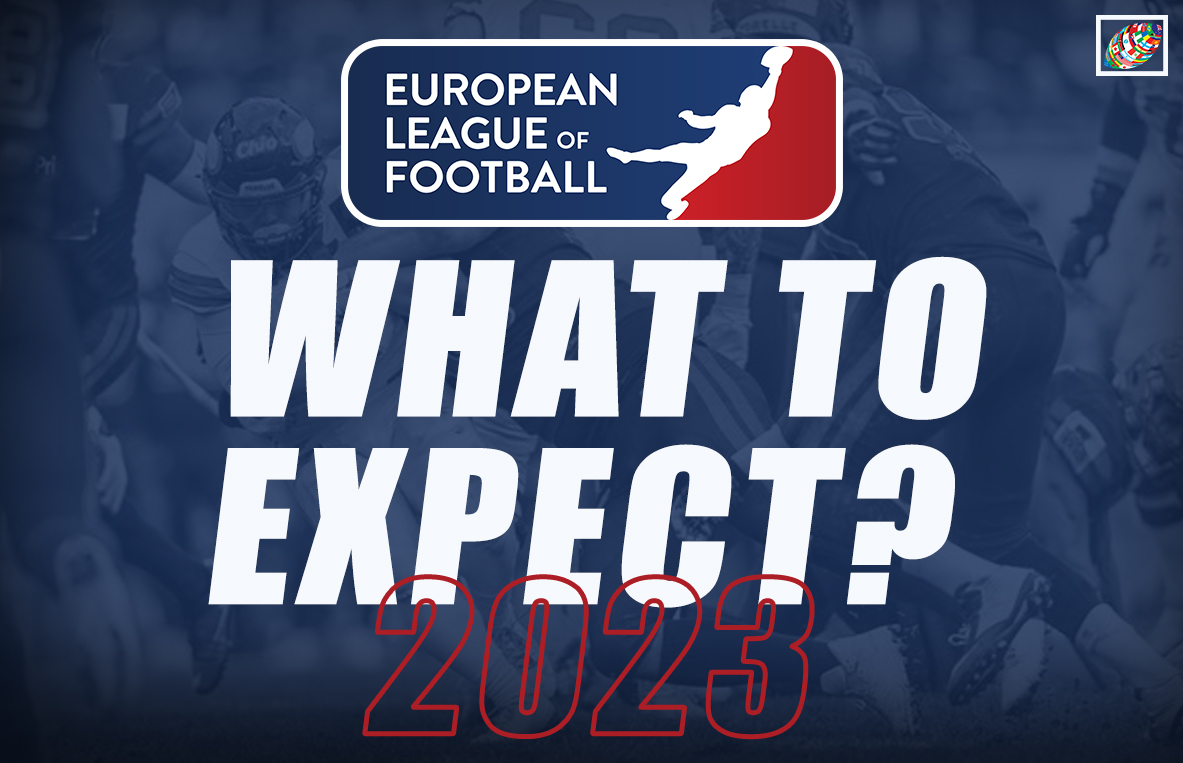What to expect from the European League of Football as it enters its third season

This Saturday, the European League of Football (ELF) will officially kick off its third season. With a truly pan-European league now in full swing, here’s what to expect from year three.
New teams
The biggest arrival to the league this year will without a doubt be the new clubs. In the space of a year, the ELF has gone from 12 to 17 teams. Outside of the car crash that was the Istanbul Rams, most teams have added quality and depth to the league.
The six teams added this year are as follows:
Milano Seamen, Italy
Prague Lions, Czech Republic
Munich Ravens, Germany
Helvetic Guards, Switzerland
Fehervar Enthroners, Hungary
Paris Musketeers, France
The likes of the Paris Musketeers, with their unbelievably deep talent pool and outstanding offseason signings, should be one of the better teams in the league off the bat. Similarly, the Milano Seamen have been competing on the European stage for years and should be able to compete on day one.
The same cannot be said for the other clubs. This is not to say that they will certainly, or even likely, be bad teams, but rather that they are an unknown entity and playing in a league that has steadily become the best competition in Europe may be above them.
The 2023 season in ELF may be the truest test of whether the rest of Europe (outside of footballing nations like Germany, Austria and Italy) can sustain a pan-European league.
New business
The most defining feature of the ELF among other European leagues is its apparent professionalism. On the surface, it operates as a fully functioning business as opposed to an amateur one. And in addition to the new clubs this year, the league has steadily expanded in this world too.
During the ELF 2023 Kick Off press conference, the league named a number of new sponsors including Euronics, FUJIFILM, Citizen, and expanded partnership with RAN that will see former Hamburg Sea Devil Kasim Edebali join the broadcasting team. One notable loss in sponsorship however was that of Chio, the face of ELF for the past two years.
In addition to this, ELF has promised a brand new Game Pass, merchandise store and general upgrade in fan experience. This will of course require fans to dig a little deeper in their pockets, but if the product is better, why not.
Bigger crowds
Despite some poor turnouts last year – namely the Leipzig Kings, Barcelona Dragons and Istanbul Rams –, the bigger games were well attended last year. Rhein Fire and Frankfurt Galaxy regularly had jam packed stadiums, and the fanbase only looks to grow this year.
During the aforementioned Season 3 Kick Off press conference, CEO Zeljko Karajica predicted that they would have 500k fans in the stadiums this year and upwards of 1 m in 2024. The Week 1 matchup between the Galaxy and Fire has already sold out, so this prediction may not be unfounded.
A heavier financial load
As exciting as all the 2023 additions are, they are clearly pointing towards one thing: more money. The new teams and services will undoubtedly cost millions more collectively, and with the money the league is already hemorrhaging, the greater financial load will eventually need to be offloaded somewhere.
Whether this will fall on fans, sponsors or potential acquisition by a bigger body is anyone’s guess. But the future of the ELF as a business, and let’s not forget that’s what it is, is equally as interesting as the on-field product. In a landscape that saw the rise and financial meltdown of NFL Europe just 15 years ago, what ELF Commissioner Patrick Esume has up his sleeve will be crucially important to the success of the league.
What I would give to be a fly on the wall in those private meetings between Esume and Karajica…